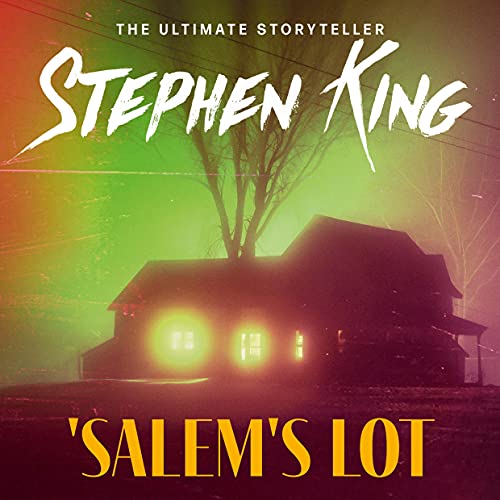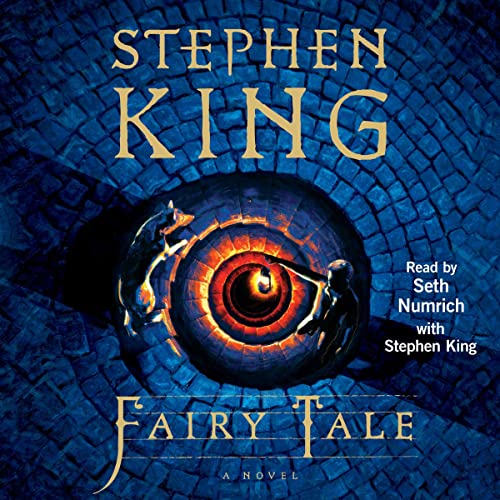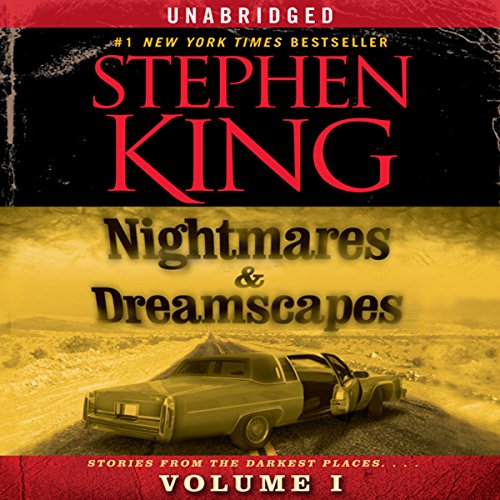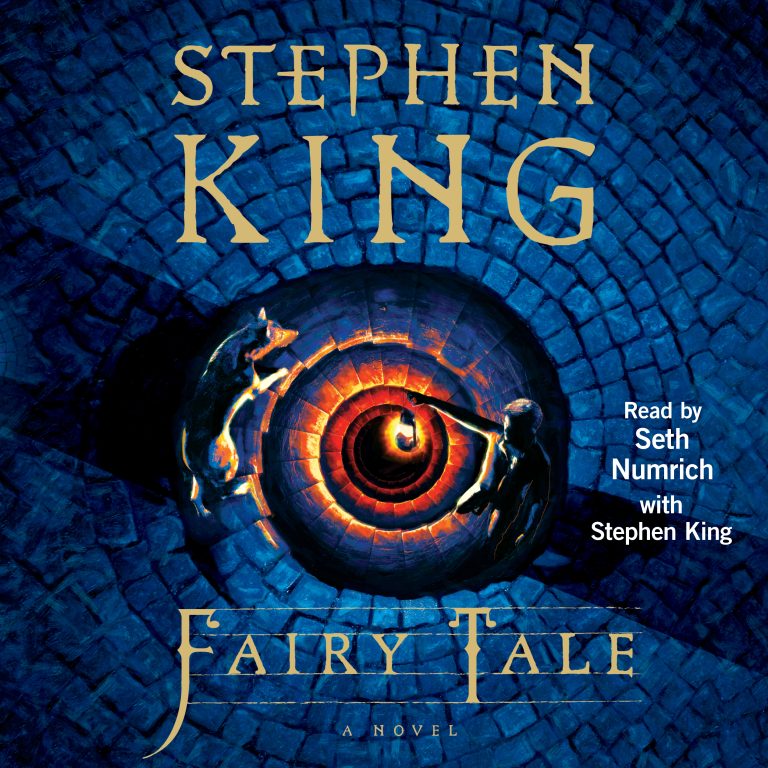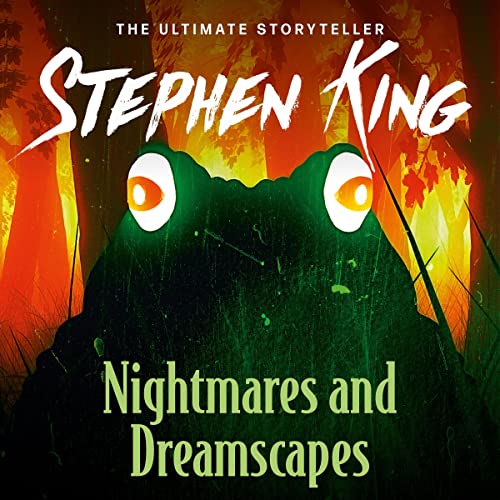How Long Should Your First Book Be?
So, you’ve got a brilliant idea for your first book and you’re ready to dive into the world of writing. But wait, how long should your first book be? It’s a common question that many aspiring authors ponder. Well, fear not, because I’m here to shed some light on this topic and guide you through the process.
When it comes to the length of your first book, there’s no one-size-fits-all answer. It really depends on the genre, the target audience, and the story you want to tell. Whether you’re writing a gripping thriller, a heartwarming romance, or a fantastical adventure, the length of your book should be determined by what best serves the narrative. After all, you want to captivate your readers and keep them engaged from start to finish. So, let’s explore some factors to consider when deciding how long your first book should be.
One important factor is genre. Different genres have different expectations when it comes to book length. For example, a cozy mystery might typically be around 60,000 to 80,000 words, while a science fiction epic could easily reach 100,000 words or more. It’s important to research and understand the conventions of your chosen genre to ensure that your book aligns with readers’ expectations. Another factor to consider is your target audience. If you’re writing a children’s book, the length will generally be shorter, whereas a young adult or adult novel can be longer. Ultimately, the goal is to find the sweet spot where your story feels complete and satisfying to readers. So, don’t stress too much about the exact word count. Focus on crafting a compelling story that keeps readers turning the pages, and you’ll be well on your way to writing a successful first book.
When it comes to your first book, the length can vary depending on the genre and target audience. However, a general guideline is to aim for around 70,000 to 90,000 words. This allows for a substantial story while keeping readers engaged. Of course, there are exceptions, such as children’s books or novellas, which tend to be shorter. Remember, the most important factor is to focus on telling a compelling story that resonates with your readers.

How Long Should Your First Book Be?
When it comes to writing your first book, one of the most common questions that writers ask is: How long should it be? The length of a book can vary greatly depending on the genre, the target audience, and the overall content. In this article, we will explore the factors to consider when determining the ideal length for your first book.
Factors to Consider
There are several factors to consider when deciding on the length of your first book. These include:
Genre
The genre of your book plays a significant role in determining its length. Different genres have different expectations when it comes to book length. For example, a romance novel typically ranges from 50,000 to 90,000 words, while a fantasy epic can be well over 100,000 words. It’s important to research the average word count for your genre and aim to stay within that range.
However, it’s worth noting that these are just guidelines, and it’s ultimately up to you as the author to decide how long your book should be. You may have a unique story that requires more or fewer words than the average.
Target Audience
Another crucial factor to consider is your target audience. Are you writing for children, young adults, or adults? Each age group may have different attention spans and preferences when it comes to book length. Middle-grade novels, for example, are typically shorter and more concise than adult novels.
Understanding your target audience and their reading habits will help you determine the appropriate length for your book. Consider the age range, reading level, and interests of your intended readers when making this decision.
The Ideal Length
While there is no one-size-fits-all answer to how long your first book should be, there are some general guidelines that can help you make an informed decision.
Word Count
Word count is a common way to measure the length of a book. Here are some average word counts for popular genres:
- Romance: 50,000 – 90,000 words
- Thriller: 70,000 – 100,000 words
- Fantasy: 90,000 – 150,000 words
- Mystery: 60,000 – 80,000 words
Keep in mind that these are just averages, and your book can fall outside of these ranges. The most important thing is to tell your story effectively and engage your readers.
Story Arc
The length of your book should also align with the complexity and depth of your story. A simple, straightforward plot may not require as many words as a complex, multi-layered narrative. Consider the pacing, character development, and overall structure of your story when determining its length.
It’s important to prioritize quality over quantity. Your book should have a clear beginning, middle, and end, and every word should serve a purpose in advancing the story.
Tips for Writing Your First Book
Now that you have a better understanding of how to determine the length of your first book, here are some tips to help you in the writing process:
- Outline your story: Before you start writing, create a detailed outline of your story. This will help you stay focused and ensure that you cover all the necessary plot points.
- Set writing goals: Break down your writing process into manageable goals. For example, aim to write a certain number of words or pages each day or week. Consistency is key when it comes to completing a book.
- Edit and revise: Once you’ve finished writing your first draft, set it aside for a while and then come back to it with fresh eyes. Edit and revise your work to refine the plot, tighten the prose, and eliminate any unnecessary content.
- Seek feedback: Share your work with beta readers or join a writing group to get feedback on your book. Constructive criticism can help you identify areas for improvement and make your book stronger.
- Stay motivated: Writing a book is a marathon, not a sprint. Stay motivated by setting milestones, celebrating small wins, and reminding yourself of why you started writing in the first place.
Conclusion
Writing your first book is an exciting and challenging endeavor. Determining the ideal length requires considering factors such as genre, target audience, and story complexity. While there are general guidelines to follow, it’s ultimately up to you as the author to decide how long your book should be. Focus on telling a compelling story that engages your readers, and don’t be afraid to think outside the box. Happy writing!
Key Takeaways: How long should your first book be?
- 1. Your first book should be as long as it needs to be to tell your story or convey your message effectively.
- 2. Don’t worry too much about the length, focus more on the quality of your content.
- 3. Aim for a word count between 40,000 to 80,000 words for a fiction novel.
- 4. Non-fiction books can vary widely in length, but aim for around 50,000 to 80,000 words.
- 5. Remember, the most important thing is to engage and captivate your readers, regardless of the book’s length.
Frequently Asked Questions
What is the ideal length for a first book?
When it comes to the length of your first book, there is no one-size-fits-all answer. The ideal length can vary depending on the genre, target audience, and the story you want to tell. However, as a general guideline, most publishers and literary agents recommend that debut novels fall within the range of 70,000 to 100,000 words.
This word count range is considered optimal for several reasons. Firstly, it allows for a substantial and complete story arc that can engage readers and keep them invested. Secondly, it strikes a balance between providing enough content to satisfy readers and not overwhelming them with unnecessarily lengthy narratives. Keep in mind that these are just guidelines, and some genres, such as sci-fi or fantasy, might allow for longer word counts.
Does genre affect the ideal length of a first book?
Absolutely! The genre of your book plays a significant role in determining its ideal length. Different genres have different reader expectations and conventions when it comes to book length. For example, romance novels tend to be shorter, usually around 50,000 to 70,000 words, while epic fantasy novels can be much longer, often exceeding 100,000 words.
It’s essential to research and understand the typical word count ranges for your specific genre. This will help you align your book with reader expectations and increase its chances of being well-received by publishers and readers alike. However, remember that these are not hard and fast rules, and there is always room for creativity and pushing the boundaries of genre conventions.
Should I prioritize quality over length for my first book?
Quality should always be your top priority when writing a book, regardless of its length. While it’s important to consider the expectations and preferences of your target audience, sacrificing the quality of your writing for the sake of meeting a specific word count is not advisable.
Instead, focus on crafting a compelling and well-written story that captivates readers. If you find that your first draft is too short or too long, revisions and edits can help you strike the right balance without compromising on quality. Remember, it’s better to have a shorter book that leaves a lasting impact than a longer one that fails to engage readers.
Is it better to start with a shorter or longer book for my debut?
When deciding between a shorter or longer book for your debut, it’s important to consider your strengths as a writer and the story you want to tell. Both shorter and longer books have their advantages and can be successful if executed well.
A shorter book can be a great choice if you excel at concise storytelling and want to make a strong impact with a focused narrative. It allows you to showcase your writing skills and capture readers’ attention without overwhelming them with unnecessary details.
On the other hand, a longer book provides more room for character development, world-building, and intricate plotlines. It can be an opportunity to showcase your ability to sustain readers’ interest over a more extended period and dive deep into your story’s complexities.
Are there any exceptions to the ideal length guidelines for first books?
While the ideal length guidelines mentioned earlier are a good starting point, it’s important to note that there are exceptions to every rule. Some debut novels might be shorter or longer than the recommended word count range, but still find success.
Ultimately, what matters most is the quality of your writing and how well your book resonates with readers. If you have a compelling story to tell that requires more or less words to do it justice, don’t be afraid to deviate from the guidelines. However, it’s still crucial to be mindful of genre conventions and reader expectations to maximize your chances of success in the publishing industry.
How Long Should a Self-Published Book Be? (A SIMPLE Guide)
Final Thoughts
After exploring the question of how long a first book should be, it’s clear that there is no one-size-fits-all answer. The length of your first book ultimately depends on various factors, including genre, target audience, and personal storytelling style. However, there are some general guidelines that can help you navigate this decision.
First and foremost, remember that quality should always take precedence over quantity. It’s better to have a concise, well-crafted book that leaves readers wanting more, rather than a lengthy tome filled with unnecessary fluff. Focus on developing a compelling story, engaging characters, and a strong narrative arc, regardless of the final word count.
Additionally, it’s essential to research and understand the expectations and standards within your genre. Different genres have different reader expectations when it comes to book length. For example, a fantasy epic may typically be longer than a cozy mystery. Take the time to study successful books in your genre and analyze their lengths to get a sense of what readers have come to anticipate.
Ultimately, the length of your first book should be a reflection of your unique voice and storytelling abilities. Trust your instincts, write from the heart, and don’t be afraid to experiment. Remember, there are no hard and fast rules when it comes to creativity. Embrace the journey and enjoy the process of crafting your debut novel, regardless of its length.

